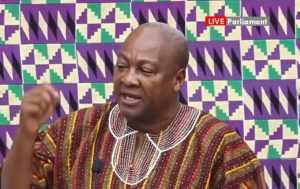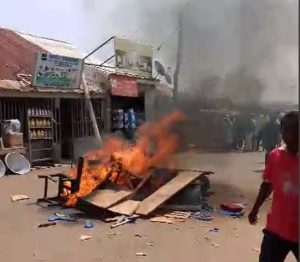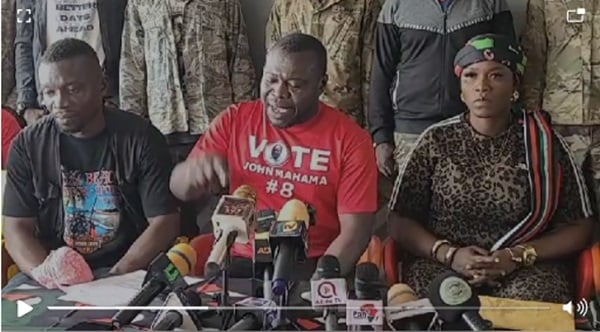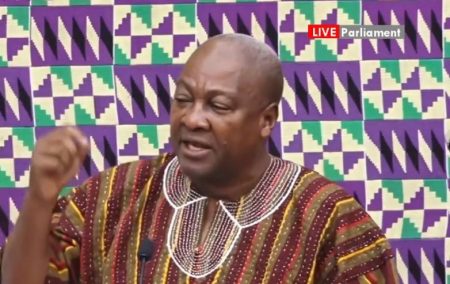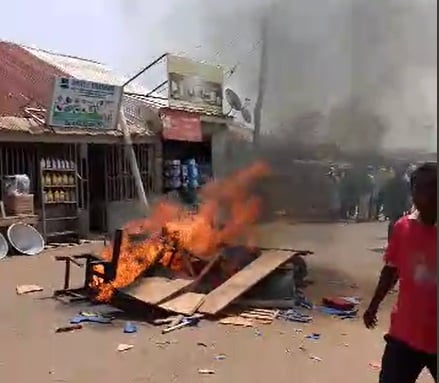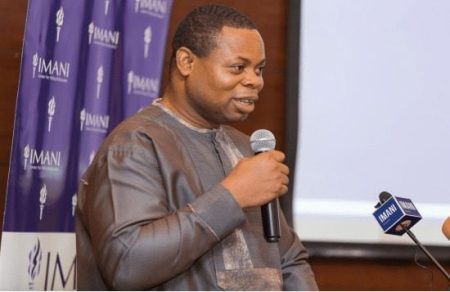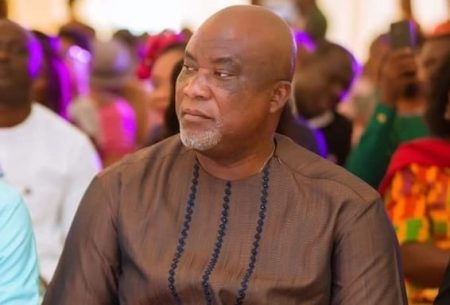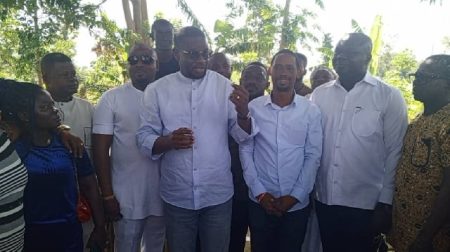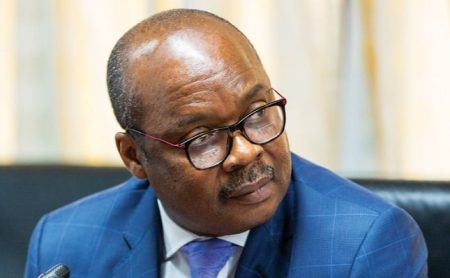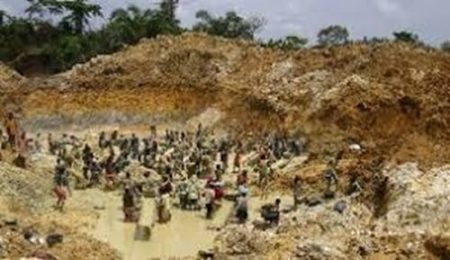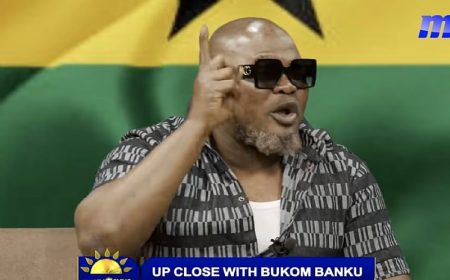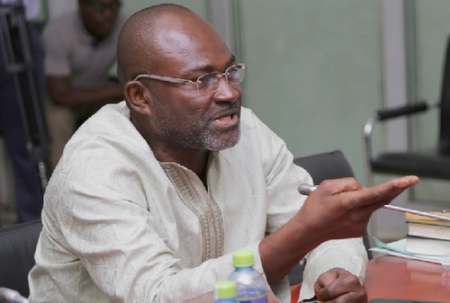The National Democratic Congress (NDC) in the Atwima Nwabiagya South Constituency of the Ashanti Region is facing internal discord over the potential nomination of Mr. Osei Wisdom as the Municipal Chief Executive (MCE). A group of concerned constituency executives, led by Chairman Abu Saddick, has publicly expressed their strong disapproval of Mr. Osei’s candidacy, citing concerns about his leadership style, alleged disrespectful behavior, and perceived incompetence. They argue that his appointment would be detrimental to the party’s goals and could exacerbate existing divisions within the constituency. This internal opposition raises questions about the nomination process and highlights the challenges the NDC faces in maintaining unity and achieving its political objectives in the region.
The core of the executives’ discontent stems from their belief that Mr. Osei lacks the necessary qualities to effectively lead the municipality and represent the party’s interests. They contend that his past actions and behaviors demonstrate a lack of respect for the established party structures and a disregard for the opinions and concerns of fellow members. The executives have pointed to specific instances where Mr. Osei allegedly engaged in disrespectful conduct, including invoking curses against those who questioned his suitability for the MCE position. This behavior, they argue, is not befitting of a leader and raises serious doubts about his ability to foster collaboration and unity within the party.
Furthermore, the executives question Mr. Osei’s competence and qualifications for the demanding role of MCE. They express skepticism about his ability to effectively manage the municipality’s affairs and deliver on the party’s promises to the constituents. Their concerns suggest a lack of confidence in his administrative skills, policy expertise, and overall capacity to handle the complex challenges of local governance. This perception of incompetence further fuels their opposition to his potential nomination, as they fear it would jeopardize the party’s credibility and hinder its ability to effectively serve the community.
The executives’ decision to publicly voice their opposition underscores the depth of their concerns and their determination to prevent what they perceive as a damaging appointment. By holding a press conference, they have brought the internal conflict into the public domain, signaling a serious challenge to the party’s leadership. This public display of dissent also reflects a broader struggle for influence and control within the constituency, as different factions within the NDC vie for power and seek to advance their preferred candidates.
The executives’ appeal to the National Executives of the NDC and President John Mahama to reconsider Mr. Osei’s potential nomination highlights the gravity of the situation. They warn that ignoring their concerns could have significant repercussions for the party’s unity and electoral prospects in the constituency. By invoking the potential for further divisions and internal strife, they are putting pressure on the higher echelons of the party to intervene and address the issue. The executives’ plea underscores the importance of resolving the conflict swiftly and effectively to avoid further damage to the party’s image and its ability to mobilize support.
The situation in the Atwima Nwabiagya South Constituency serves as a microcosm of the broader challenges faced by political parties in managing internal dissent and maintaining unity. The competition for positions of power, coupled with differing opinions on leadership and policy, can create tensions and divisions within party ranks. The NDC’s experience in this constituency demonstrates the importance of transparent and inclusive processes for selecting candidates, as well as the need for effective mechanisms for resolving internal disputes. Failure to address such conflicts can undermine party cohesion, weaken its electoral performance, and detract from its ability to effectively govern. The executives’ vocal opposition to Mr. Osei’s candidacy serves as a reminder of the critical role of internal party dynamics in shaping political outcomes and the ongoing need for parties to prioritize unity and address internal conflicts constructively.



